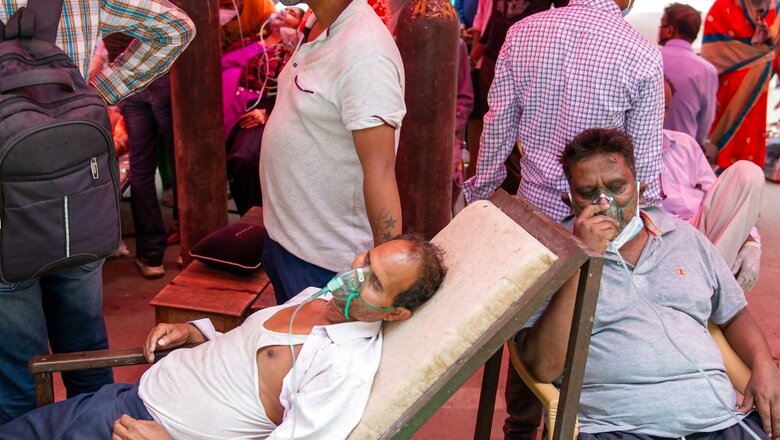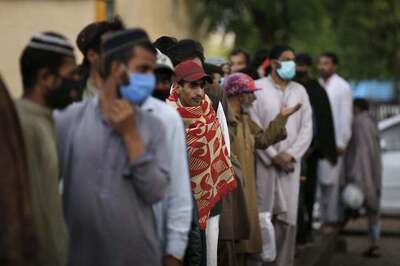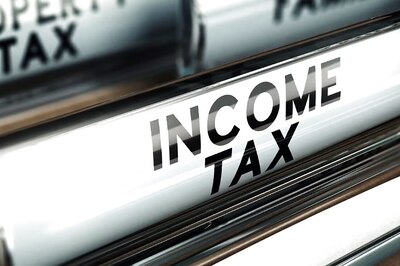
views
Prime Minister Narendra Modi announced on Saturday that Covid vaccination for the 15-18 age group will commence from January 3, 2022, while healthcare/frontline workers, along with the 60+ population with comorbidities, will get a precautionary dose from January 10 onwards next year. This came in light of a number of preceding factors.
States like Delhi and Maharashtra that were badly hit by the Delta wave, have begun showing an alarming trend of rise in Covid-19 cases amid the emergence of the Omicron variant. Meanwhile, latest data on the R value, a measure of how fast the disease is spreading, has only sparked further concerns.
Recently, data revealed shows that reproduction number R has crossed the value of 1, which is the threshold after which cases begin to rise rapidly, in several states.
Meanwhile, the Omicron infection tally has climbed to 422 across the nation. The advent of Omicron, a new mutation of the coronavirus, sparked calls for booster doses in the country. The objective of a booster dose is to restore vaccine effectiveness.
On Friday, News18 had reported that the Narendra Modi government has launched a study to assess the need of booster doses against Covid-19 in India.
The multi-centre study, headed by the Department of Biotechnology’s premier institute Translational Health Science and Technology Institute (THSTI), aims to cover more than 3,000 participants who had received the second dose of Covid-19 vaccine six months ago. The study, sponsored by DBT, covers three vaccines used in India — Covishield, Covaxin and Sputnik V.
According to a study conducted by a team of researchers at Chennai’s Institute of Mathematical Sciences, the R-value was now over 1 in Maharashtra. Delhi crossed 1 a few days ago and now Bengaluru and Kolkata have joined the list.
On the other hand, immunological studies have documented a steady decline of antibody levels among vaccinated individuals and a long-term follow-up of vaccine trial participants has revealed a growing risk of breakthrough infection.
Back in September this year, Nicole Doria-Rose, an immunologist at the US National Institute of Allergy and Infectious Diseases in Bethesda, Maryland, had said, “Neutralizing’ antibodies that can intercept viruses before they infiltrate cells might not have much staying power. Levels of these molecules typically shoot up after vaccination, then quickly taper off months later. That’s how vaccines work.”
Therefore, there are fears that immunity generated by vaccines reduces significantly after eight to nine months, which is why a fresh round of vaccination is necessary to boost antibodies against the coronavirus. Thus, those who received their second doses before April (they are mainly healthcare workers and the elderly) need to be administered with “precautionary doses”.
The scientific reasoning behind booster shots is that immunity generated by plasmid DNA and mRNA vaccines wane off over the course of several months. Now, in case of immunocompromised individuals, studies have shown that often two doses or a full course of vaccines is not enough to elicit a significant immune response. In such cases, a booster dose is most likely essential to protect such groups of individuals.
Read all the Latest India News here




















Comments
0 comment